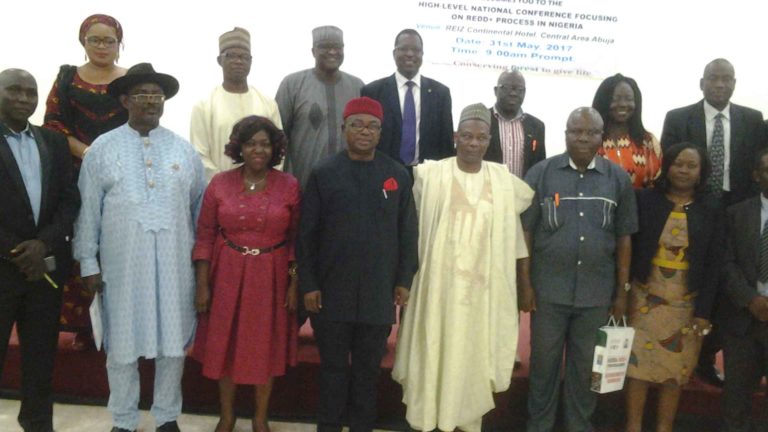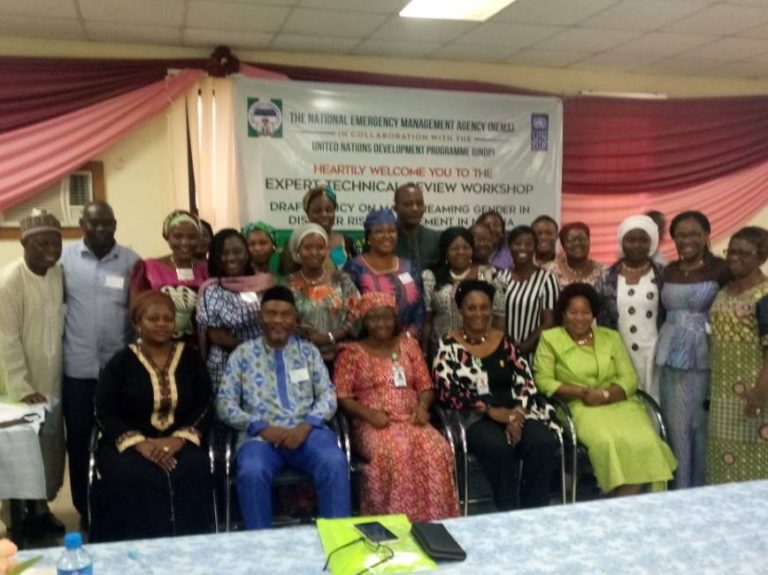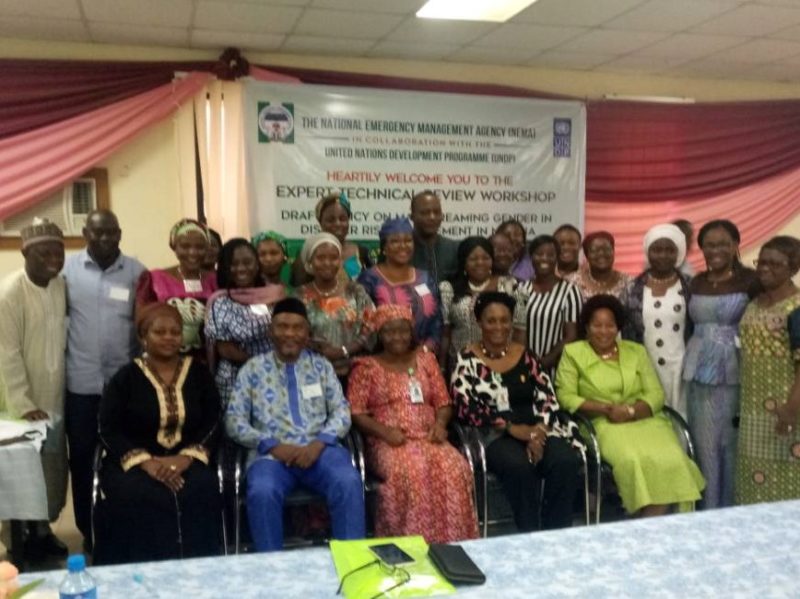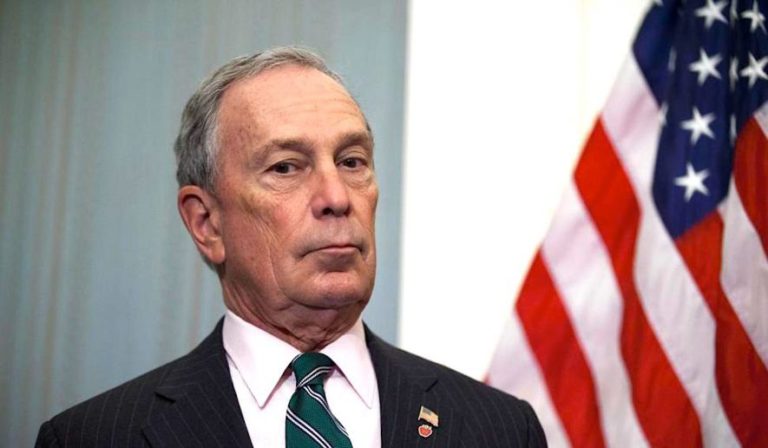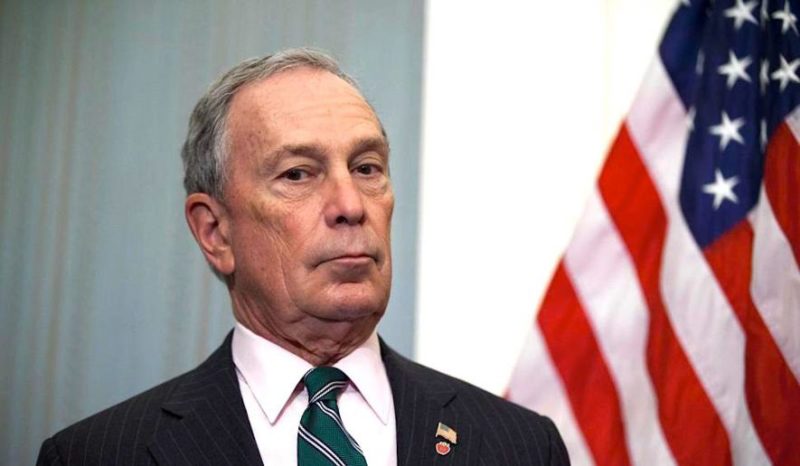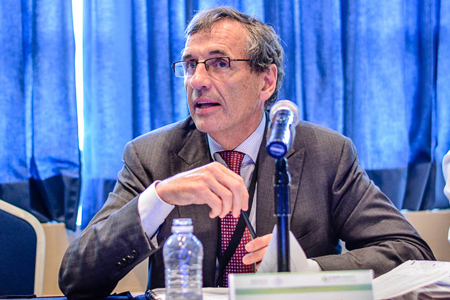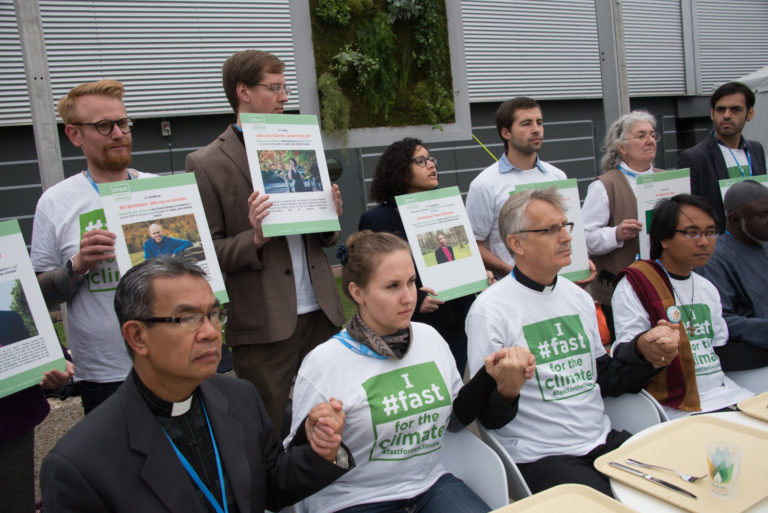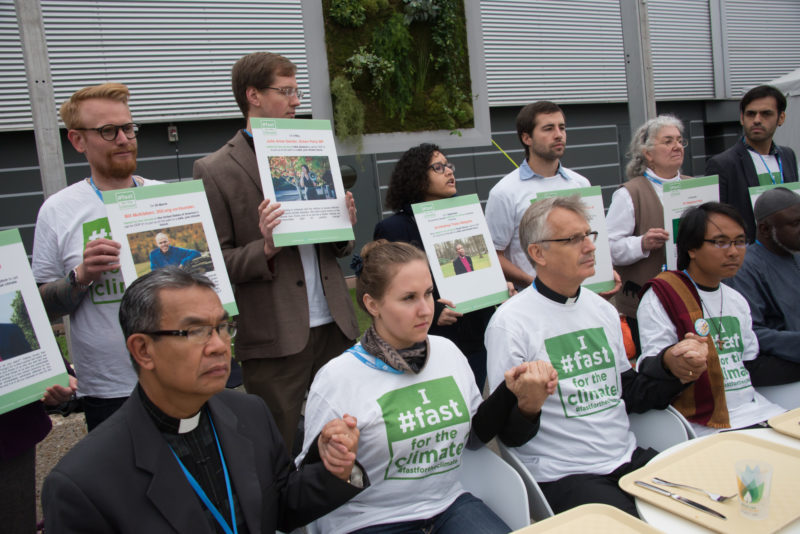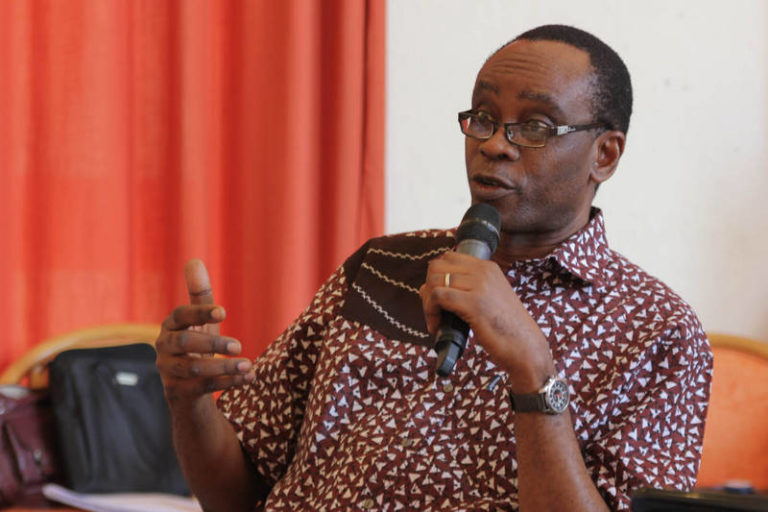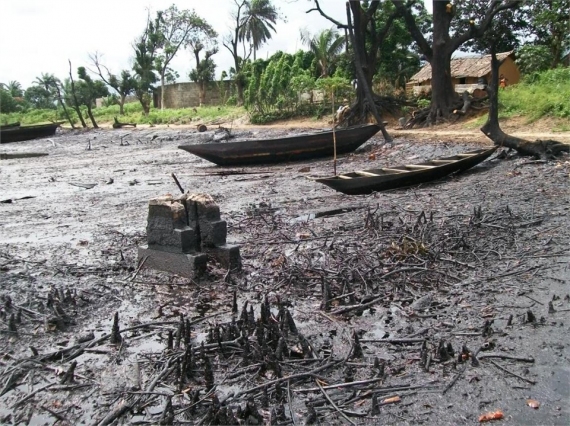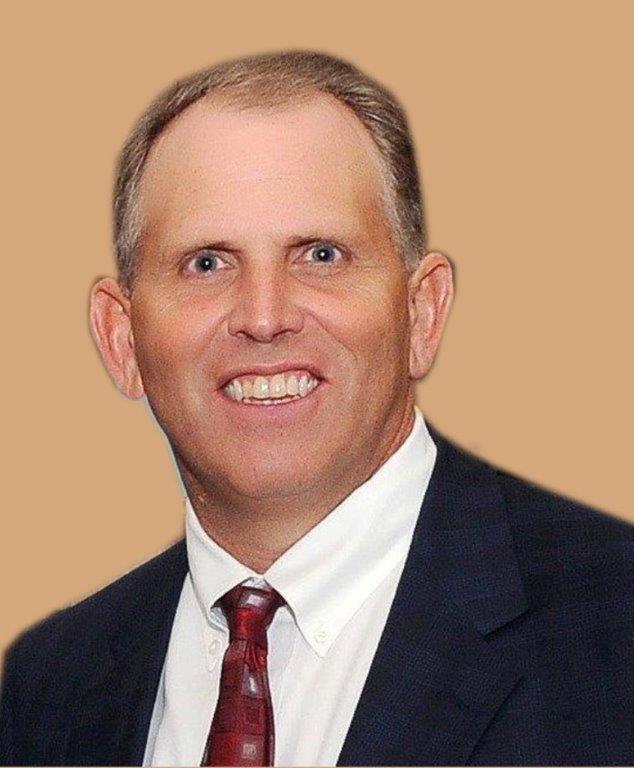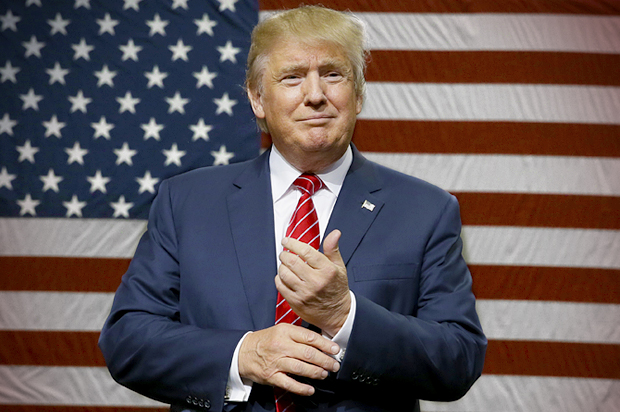The United Nations Development Programme (UNDP) has advised the federal government to prioritise the implementation of the REDD+ programme and incorporate it into the national development processes.
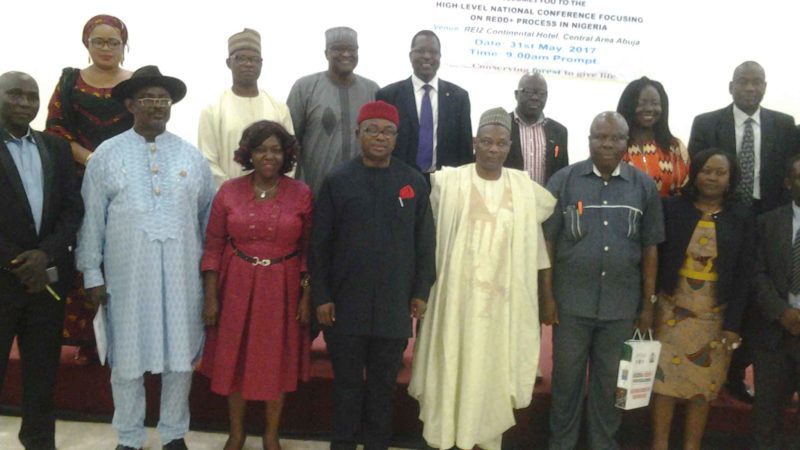
The UNDP Resident Representative in Nigeria, Edward Kallon, gave the advice at the High-Level National REDD+ conference held on Wednesday, May 31, 2017 in Abuja.
The REDD+ conference provided an opportunity for experts in climate change to discuss Nigeria’s strategy to reduce emission from deforestation and forest degradation and jointly mobilise political, strategic and institutional support for its implementation.
The REDD+ strategy comprised of policy reforms, innovative solutions, investment priorities and related REDD+ implementation framework with due monitoring and safeguard systems as called for under the United Nations Framework Convention on Climate Change (UNFCCC).
Represented by Deputy Country Director – Operations, Betty Wabonoha, Kallon reiterated that the forest sector plays an important role in Nigeria’s economy in the provision of food and ecosystem by contributing to the sustainability of the environment.
“So, when addressing REDD+, you must have in mind the bigger picture and the need for coordinated approach to meet the development challenges of our time- namely food security, climate change and others.
“We recognise that stakeholder engagement is essential and crucial for the sustainability of the REDD+ process and we need the support and commitment of all stakeholders and partners.
“REDD+ offers an opportunity to integrate climate change into the national development processes. Some of the proposed strategic interventions in the REDD+ strategy go far beyond the forest sector.
“We need to ensure that we do not loss the momentum gained during the development of the strategy. This is also an opportunity for resource mobilisation to scale up the REDD+ in Nigeria,” he said.
While congratulating the federal government for organising the conference, the UNDP helmsman noted that climate change presents one of the most compelling developmental challenges globally.
He disclosed that, in Nigeria, the current national deforestation rate which is estimated at 3.7 per cent is one of the highest in the world and that more than 300,000 hecters of forest have been lost in the last 40 years.
“Whereas we have to contend with this challenge, the good news is that together we can do something about it. In line with this National REDD+1 and the Cross River State REDD+ strategy offer an opportunity for us to bring transformational change in the way we can manage and protect our forests,” he noted.
According to him, the implementation of the REDD+1 strategy and the Cross River State REDD + strategy will provide an opportunity to demonstrate Nigeria’s commitment to the Paris agreement.
“The Paris agreement acknowledges the role that forest and indeed the REDD+ play in addressing climate change and adaptation.
“It will also contribute to the attainment of the Sustainable Development Goals (SDGs) such as Goal 13 to take certain actions to combat climate change and its impact and Goal 15 to protect, restore and promote sustainable use of terrestrial ecosystem, sustainably large forest, combat desertification, and halt biodiversity loss,” he further explained.
He reiterated that the UNDP would continue to support the federal government and other stakeholders in the years ahead in transforming from the REDD+ readiness of implementation for Nigeria to ultimately get to result base gains.
While declaring the conference open, the Permanent Secretary in the Federal Ministry of Environment, Dr Shehu Ahmed, acknowledged the support given to Nigeria by the UNDP and other development partners since the inception of the REDD+.
He noted that the collaborative efforts demonstrated by the development partners has further heightened Nigeria’s speed in implementing the REDD+ programme as well as develop enviable ideas that will enable the programme attain its desired objectives.
Ahmed therefore appealed to the participants at the conference to brainstorm and come out with implementable outcomes that will advance the REDD+ strategy.
In his message of goodwill, the Senate Committee Chairman on Ecology and Climate Change, Senator Bukar Abba Ibrahim, advocated for massive awareness on the REDD+ initiative to enable Nigerians buy into it.
He emphasised that the programme is key to national development and if accepted by most Nigerians it will lead to drastic reduction in emission and environmental degradation in the country.
He said: “The Programme is very key, but has not been given the needed awareness it deserved. REDD+ should interface with key stakeholders to carry out extensive awareness.
“This approach, if adopted will lead to increase in behavioural change and bring greater awareness and perception thereby reducing emission and environmental degradation in our country.”
He, however, lamented that one of the greatest challenges of climate change in the country is the alarming rate of extinction of the ecosystem, owing largely to human activities or lack of it.
“Our national forests are at the verge of extinction. The desert from the north is encroaching fast leading to the loss of natural farm lands and living species in alarming proportion.
“Programmes like REDD+ should help in creating awareness on the emission reduction and spread knowledge for forest management.
“The REDD+ should take the programme to the host communities, adapt local channel of communication using traditional and local dialects to woo the host communities from the known to the new,” he explained.
He said that his committee was ready to work with the Federal Ministry of Environment to implement programmes that will promote the attainment of the Paris Agreement which Nigeria signed in September 2016 “while we look forward to a more robust engagement on these and many more.”
The conference was well attended by experts and stakeholders in the environment sector.
The National Assembly (including both the Senate and the House of Representatives) was also represented at the conference.
By Hassan Danmaryam

